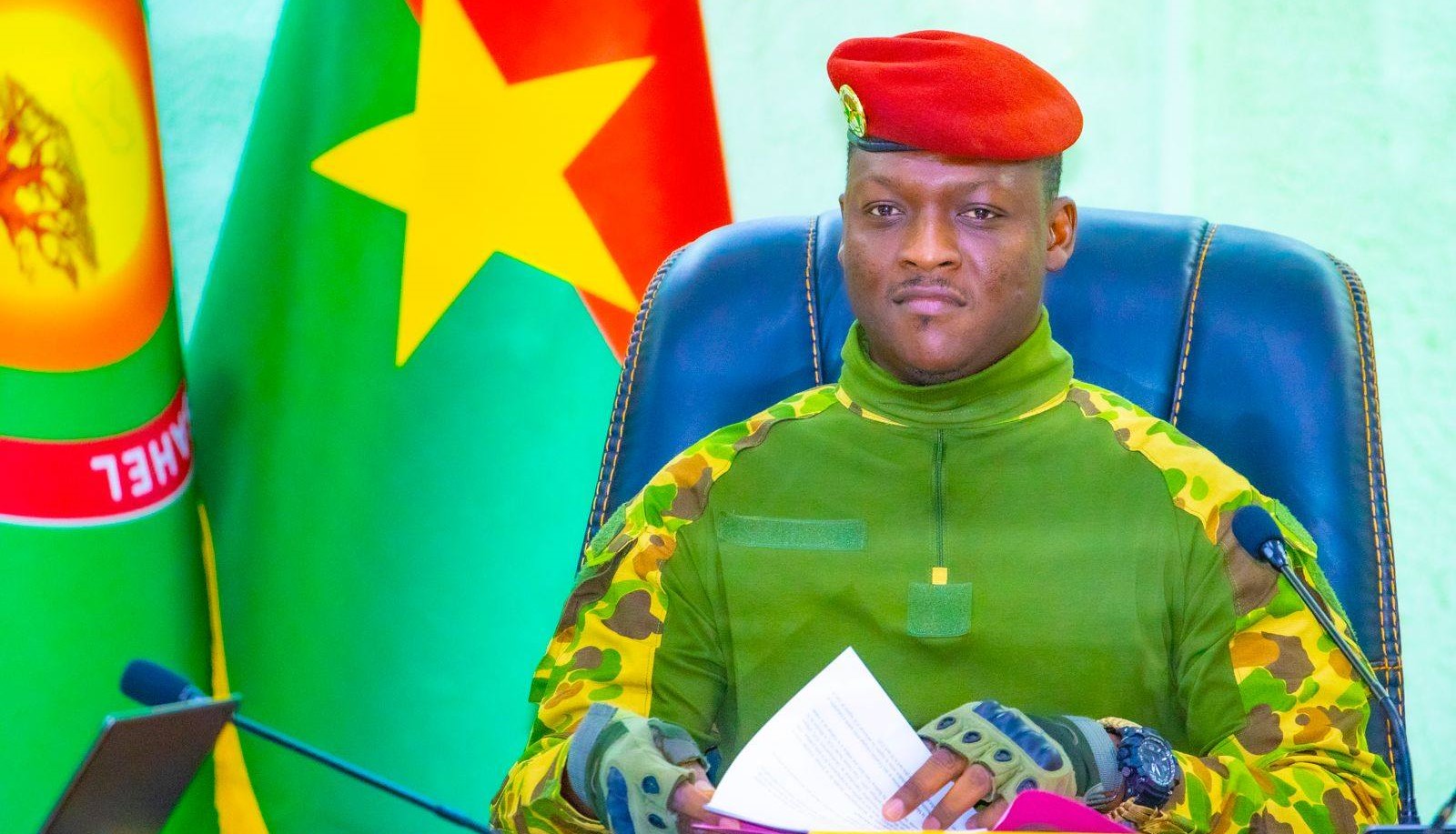
From revolutionary uprisings to regional wars and landmark diplomatic summits, August 4 holds deep historical significance across the African continent.
A defining moment in West African history unfolded when Captain Thomas Sankara led a group of military officers in a coup that ousted the ruling regime in what was then Upper Volta.
This bold action marked the dawn of a new political vision grounded in anti-imperialism, popular sovereignty, gender equality, and anti-corruption.
Just one year later, on August 4, 1984, the country adopted a new name: Burkina Faso, meaning “the homeland of upright men”—a direct reflection of Sankara’s revolutionary philosophy.
Fast forward eleven years, August 4, 1993, brought cautious optimism in Central Africa. In Rwanda, the Arusha Accords were signed between the Hutu-led government and the Rwandan Patriotic Front (RPF), in a bid to end ongoing conflict.
Widely welcomed as a breakthrough toward peace, the agreement ultimately fell short, failing to prevent the tragic genocide that erupted in 1994.
August 4 would again become a turning point in 1998, this time in the Democratic Republic of Congo.
That day marked the launch of Operation Kitona, as Rwandan and Ugandan troops, allied with Congolese factions, seized Kitona airbase in the DRC’s west. This operation sparked the Second Congo War—a brutal conflict involving nine African nations and resulting in millions of casualties.
In a shift from war to diplomacy, August 4, 2014, saw another milestone—this time on the global stage.
The United States hosted its first-ever U.S.–Africa Leaders Summit in Washington, D.C., under President Barack Obama. Fifty African heads of state and government gathered to discuss economic partnerships, governance, and development strategies.
The summit was hailed as a major step forward in U.S.-Africa relations, representing the largest such assembly ever held by a U.S. president.
August 4 remains etched in Africa’s political history—a date that continues to echo across the continent’s struggles, transformations, and hopes for unity.



